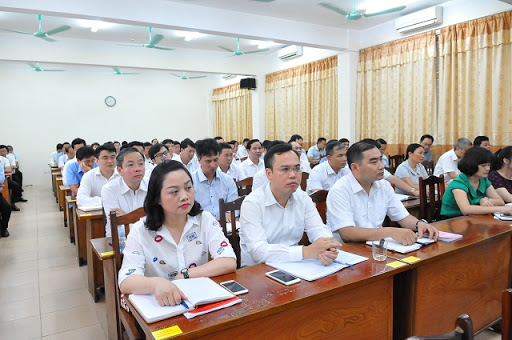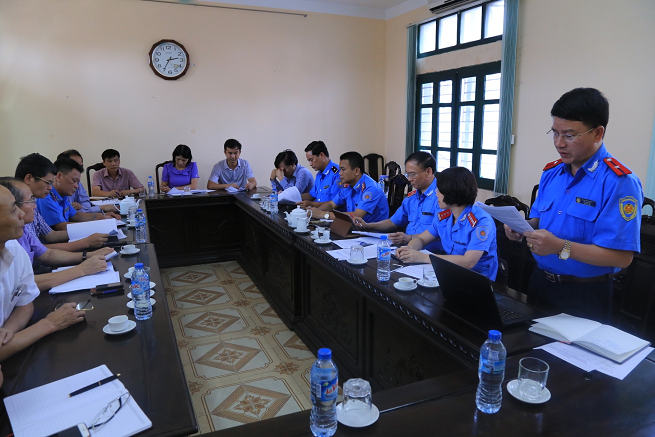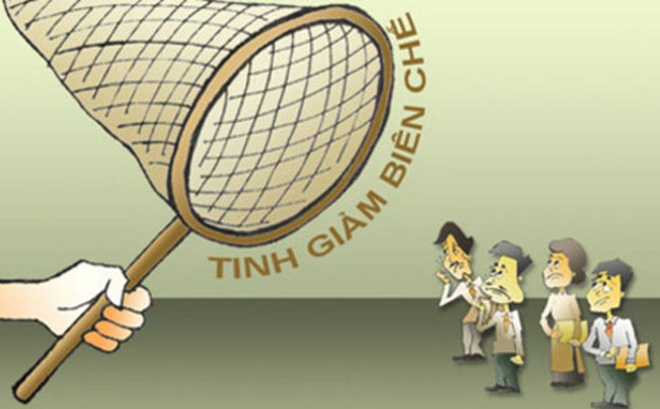In principle, officials, depending on the nature and severity of their violations, will be subject to corresponding disciplinary measures. However, in the following cases, officials in Vietnam who commit violations may be exempt from disciplinary liability:

Cases of exemption from disciplinary liability for officials in Vietnam (Internet image)
According to Article 4 of Decree 112/2020/ND-CP, officials will be exempt from disciplinary liability in Vietnam in the following cases:
(1) When their legal capacity to act is deemed impaired by the competent authority due to their violation of regulations.
(2) When they comply with the decisions of superiors as stipulated in Clause 5, Article 9 of the Law on Officials 2008.
(3) When their violation is confirmed by the competent level in urgent situations, due to force majeure events or objective obstacles according to the provisions of the Civil Code 2015 when performing official duties.
(4) When officials or public employees commit violations that warrant disciplinary action but have passed away.
Regarding the case where officials violate regulations due to complying with decisions of superiors as stipulated in Clause 5, Article 9 of the Law on Officials 2008, the following criteria are determined:
- Compliance with the decisions of superiors;
- Reporting in writing to the decision-maker in a timely manner if there is a basis to believe that the decision is unlawful;
- The decision-maker still decides to implement the decision in writing, and officials must comply.
In this case, the responsibility is determined as follows: officials are not held responsible for the consequences of implementing the decision. At the same time, officials are required to report directly to their immediate superiors. The decision-maker is held legally responsible for their decision.
Compared to the previous regulations in Decree 34/2011/ND-CP, Decree 112/2020/ND-CP has added the case of exempting disciplinary liability when officials, or public employees commit violations that warrant disciplinary action but have passed away. This is because disciplinary action directly involves the personal lives of officials, which cannot be transferred to others and ceases when officials pass away.
In addition to the cases of exemption from disciplinary liability, when disciplining officials, the competent authorities need to consider cases that are not subject to disciplinary action as stipulated in Article 3 of Decree 112/2020/ND-CP. These include:
(i) Officials on annual leave, leave according to regulations, or personal leave permitted by the competent authority;
(ii) Officials undergoing treatment for serious illnesses or incapacitated; seriously ill and receiving inpatient treatment at a medical facility confirmed by the competent health authority;
(iii) Female officials during pregnancy, maternity leave, or breastfeeding a child under 12 months old, or male officials (in the case of the wife's death or for other objective reasons) who are caring for a child under 12 months old;
(iv) Officials or public employees who are under investigation, temporary detention, or temporary custody awaiting conclusions by the competent investigating, prosecuting, or adjudicating authorities for violations of the law, except in cases determined by the competent level.
In general, the cases not subject to disciplinary action as stipulated in Decree 112/2020/ND-CP have been inherited from Decree 34/2011/ND-CP, but with more detailed amendments and an additional important case for male officials. Specifically, male officials and civil servants who are caring for a child under 12 months old in the case of the wife's death or for other objective reasons are also included in the cases not subject to disciplinary action.
The above is all the information about the cases where officials are exempt from disciplinary liability and not subject to disciplinary action if they commit violations. Lawnet would like to present it to our customers and members for further information and for the purpose of serving their work.
Thuy Tram
 Article table of contents
Article table of contents
![[InfoGraphic] 6 forms of discipline for officials and public employees under Decree 71/2016/ND-CP](https://cdn.lawnet.vn//uploads/NewsThumbnail/2016/07/12/1319291-01.png)









.Medium.png)
.Medium.png)
.Medium.png)
.Medium.png)
